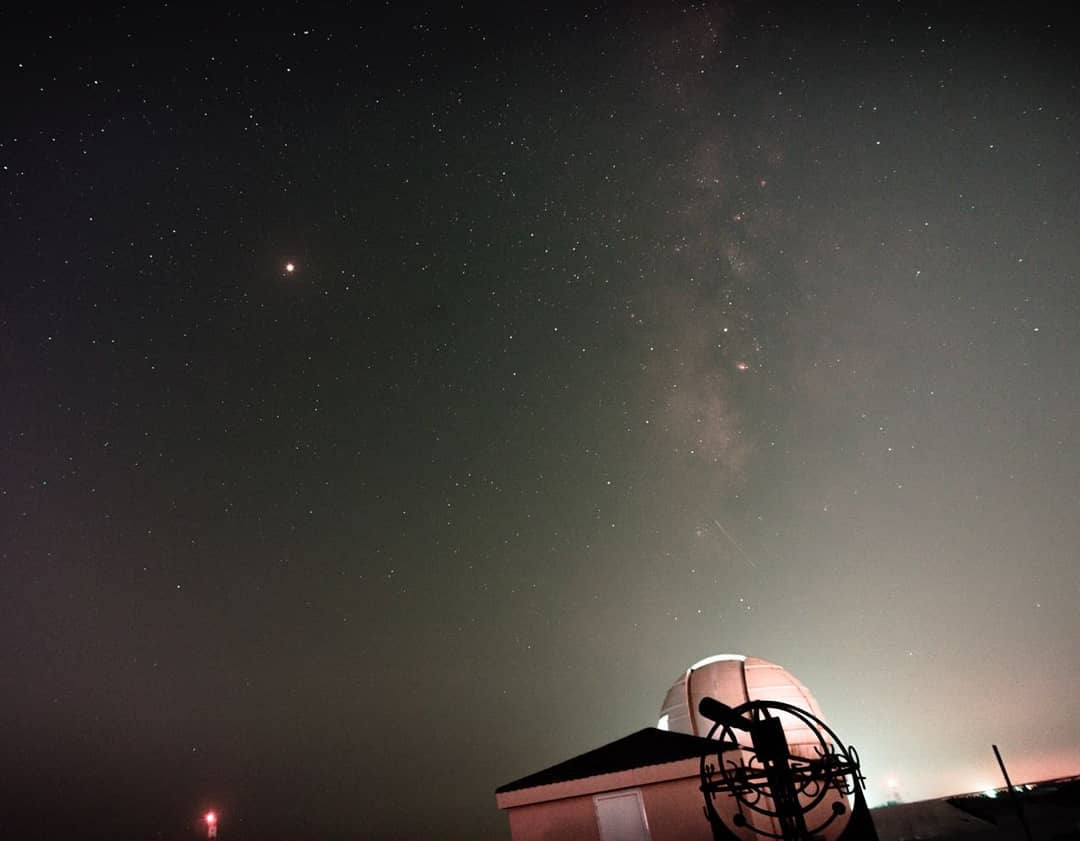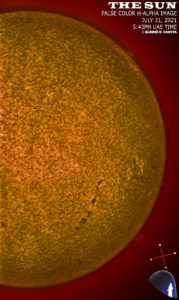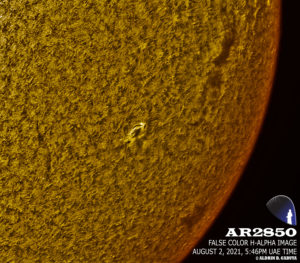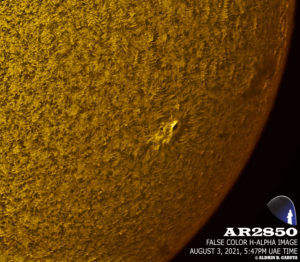Al Sadeem Astronomy Observatory, the first private observatory in the United Arab Emirates (UAE), recently obtained its official observatory codes from two well-known astronomical societies worldwide.
These codes are assigned to observatories that record data on minor planets, comets, or irregular natural satellites using astrometry—or the branch of astronomy that deals with measurements, such as of positions and movements, of celestial bodies—and photometry, which is used for variable stars.
Obtaining these codes signifies Al Sadeem’s competence in contributing quality astrometry and photometry to the science community, and cements the place of the three-year-old Abu Dhabi observatory in the map of research and development in the global field of astronomy.
Minor Planet Center enlists Al Sadeem with code M43
One of the observatory codes given to Al Sadeem is the code M43 by the International Astronomical Union – Minor Planet Center (IAU MPC).
The Observatory is the first in the UAE and one of the only two observatories in the Gulf region to have been registered in the IAU MPC observatory list. The other one is the Al-Fulaij Observatory in Muscat, Oman.
The IAU MPC is the official organization in charge of collecting observational data for minor planets (e.g. dwarf planets, asteroids, Kuiper belt objects, and comets), calculating their orbits, and publishing this information via the Minor Planet Circulars.
Some of its main tasks is to help observers coordinate follow-up observations of possible Near Earth Objects (NEOs) and to alert about new NEOs that may have a risk of hitting our planet.
“New codes are assigned on a regular basis, either as a result of new observers reporting observations or as a result of extracting observations from the old literature,” the IAU MPC explained on its website.
For more than a year, Al Sadeem has been submitting to the IAU MPC a series of observations on asteroids and comets, which were then scrutinized by the Center to determine the data’s quality and credibility.
The official list of IAU MPC observatory codes can be found here.
AAVSO bestows OAAA code to Al Sadeem
Meanwhile, the other code, OAAA, was granted by the American Association of Variable Star Observers (AAVSO).
AAVSO is a century-old organization that compiles and collects data on variable stars, receiving nearly a million observations annually from around 2,000 professional and amateur observers and making the data accessible to the public worldwide.
Studying variable stars is important in understanding our Universe. It enables scientists and experts determine distances to far-away galaxies, the age of the Universe, and even getting glimpse into the future evolution of our own star—the Sun.
Al Sadeem has been rigorous in submitting observations on particular variable stars to AAVSO, but above all, the Observatory mainly focuses on gathering data from the Sun. It releases a daily report or bulletin on the Sun’s daily activity in its website.
A publication of AAVSO where the Observatory was mentioned for its contribution on solar observation can be accessed here. ###







